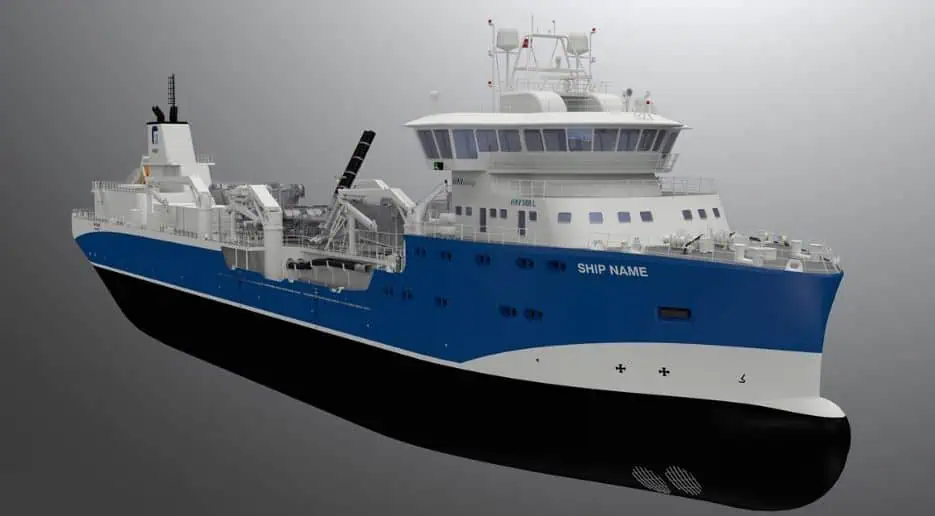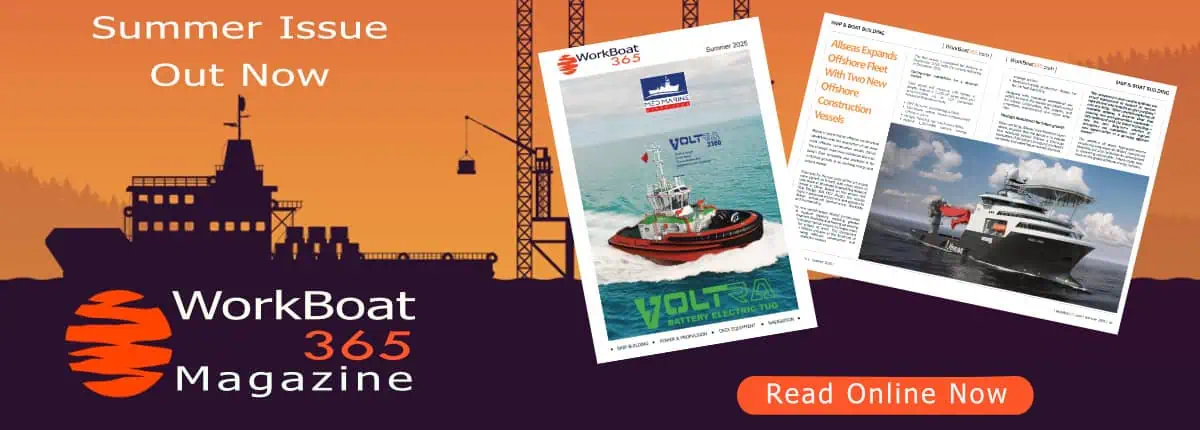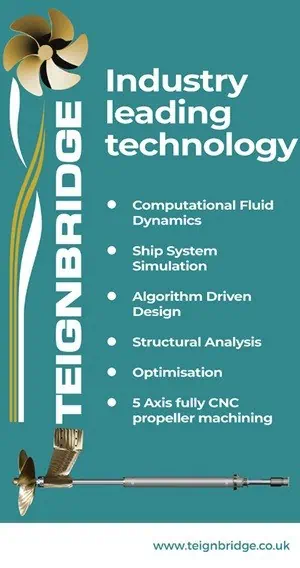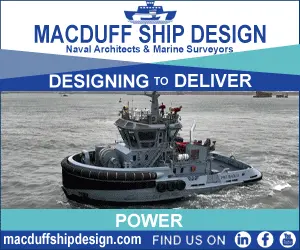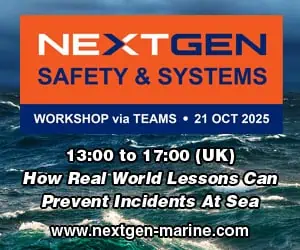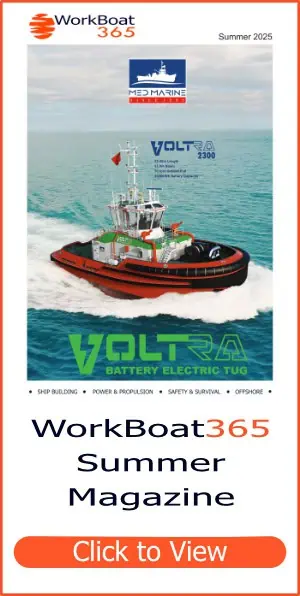HAV Design has developed a live fish carrier with the smallest climate and environmental footprint in the world per kilo of transported salmon. The boat is ordered by Frøy AS and will be put into operation for Cermaq after delivery.
HAV Design has many years of experience of R&D work on energy-efficient ships. With this new contract, the company has employed its entire toolbox and created an environmental giant for the aquaculture industry. The result is reduced climate emission which are in line with the climate plan for 2021-2030 that the Government recently presented.
Senior designer in seafood at HAV Design, Kjetil Myren, highlights in particular the interaction between the energy-efficient hull, onboard energy design and the cylindrical tanks that enable the ship to carry more fish per cubic metre.
‘We have drastically reduced energy consumption on board the ship. And when the tanks can also hold more fish, while enhancing fish welfare, we are confident in saying that this is the live fish carrier with the smallest climate and environmental footprint in the world per kilo of transported salmon.’
Better fish welfare
The new design is a further development of the well-known Havtrans series, through which the company has developed world-leading expertise in designing live fish carriers with cylindrical tanks after delivering six such designs since 2014. This new design’s capacity is nearly doubled, with a tank volume of 6,000 cubic metres divided between four cylindrical tanks.
The vessel has been developed in close cooperation with Frøy and Cermaq. Cermaq has had ‘Steigen’, one of the ships in the Havtrans series, in operation for many years, and has seen how the fish density ca be increased and still achieve a lower level of stress and oxygen consumption than in conventional tank systems.
‘With cylindrical tanks, we can carry more fish while also enhancing fish welfare,’ says Frode Holmvaag of Cermaq.
As well as greater cargo capacity, the new design also has more deck space that can, for example, be used for delousing equipment. The Hydrolicer system will be record-breaking and can treat 600 tons of salmon per hour and the freshwater production system used to treat the fish can produce 6,000 tons of fresh water a day. It has a high sorting capacity, and a closed system for infection-free transport of large quantities of fish is of course in place.
Battery and lower energy consumption
The energy production- and propulsion system on board the vessel will be delivered by Norwegian Electric Systems (NES).
The energy production system consists of DC – system powered by batteries and generators running at varying speed. According to Geir Larsen (CEO, NES), this means lower fuel consumption per kWh produced and reduced noise level from the ship. This is something the crew, local communities and the salmon will all appreciate.
The ship will be prepared for the use of climate-neutral biofuel, and the onboard battery pack combined with large shore power capacity, enables it to operate for longer periods on green, renewable energy. The battery system is also important for optimal operation of energy production on board the vessel and improves system safety, which is critical for fish welfare.
Residual heat from the engines’ cooling water is used for onboard heating, while heat from the exhaust and cooling water is used to produce electric power – both contributing to even better energy efficiency.
NES will also deliver an integrated bridge system (INS) where they, in cooperation with the customer, have further developed bridge design and workstations based on NES’s Raven INS and equipped the bridge with dynamic positioning system.

In photo: RAVEN INS – Smart Controll illustration. Photo: NES
Reducing its climate and environmental footprint
This is the seventh contract between HAV Design & Solutions and Frøy. Sales Manager Gisle Vinjevoll Thrane says the new wellboat design is an example of successful teamwork on the part of HAV Group.
‘We have combined the overall expertise in the group and created a new design that will both reduce the customer’s climate and environmental footprint and provide a tool for the future that will increase profitability, competitiveness and sustainability.’
The contract value for HAV Design and NES is about NOK 90 million.



